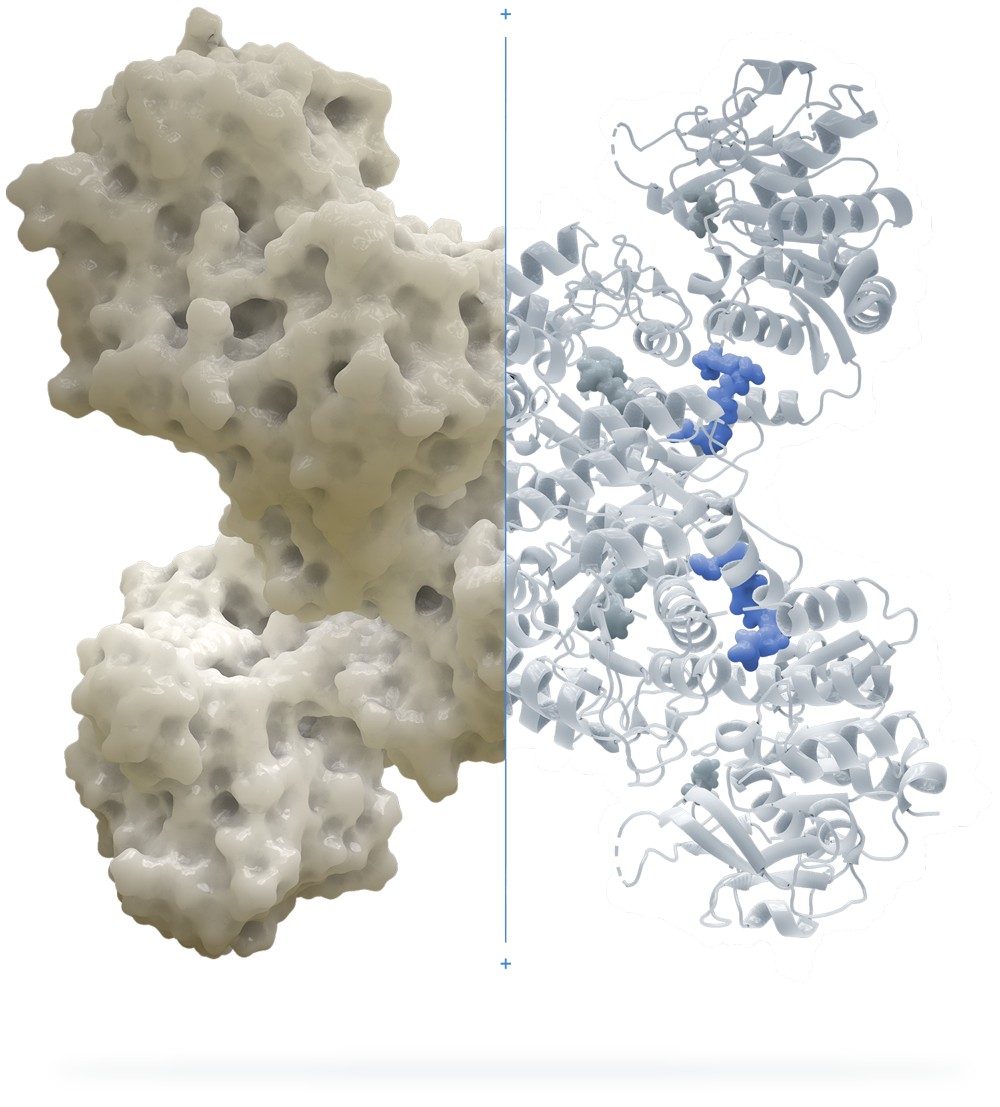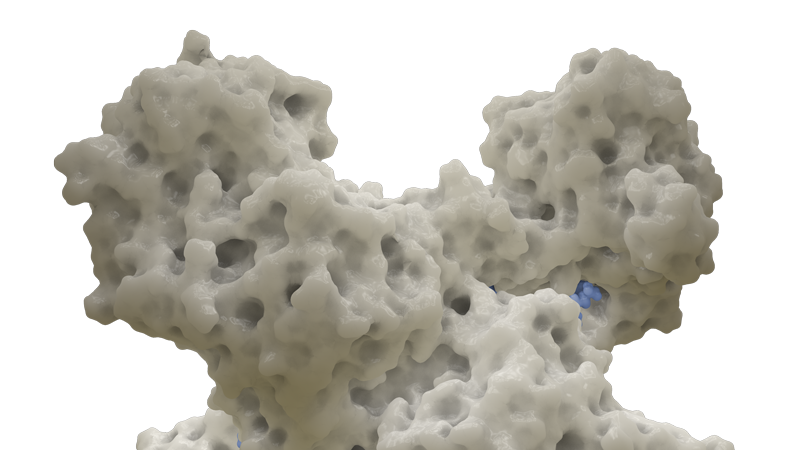Therapeutic Areas
The treatment of T cell lymphomas has been an innovation desert.
30
There has been no improvement in five-year survival rates for peripheral T cell lymphoma in over 20 years, and there is a critical need for new therapies. Outcomes with standard frontline chemotherapy are poor and the five-year survival rates remain below 30%.
Approved second line agents show limited efficacy and many patients relapse or become refractory to current drugs.
Dencatistat has shown anti-proliferative and pro-apoptotic effects against a range of T cell cancer cell lines and recently entered clinical development for the treatment of T cell blood cancers.
B Cell Lymphomas
Despite a number of approved second line agents and others in development, such as novel CAR-T cell therapy and bispecific antibodies, a significant percentage of patients still relapse.
Dencatistat has the potential to significantly impact the treatment of B cell lymphomas as monotherapy or in combination with available treatments.

Solid Tumours
Promising pre-clinical data demonstrate the therapeutic potential of dencatistat to treat solid tumours that have deleted CTPS2.
This is a concept known as synthetic lethality in which loss of CTPS2 confers absolute dependency on CTPS1 for pyrimidine synthesis. A biomarker assay will be used to select patients to maximise the therapeutic potential of dencatistat. A clinical trial with a focus on ovarian cancer will start in the second half of 2024.
In addition, promising pre-clinical data demonstrate strong synergistic cancer-killing potential of dencatistat in combination with the emerging drugs targeting the DNA damage response pathway (e.g. ATR, WEE1, CHEK1) for solid tumours.
Autoimmune Diseases
CTPS1 inhibitors have the potential to treat autoimmune conditions such as graft versus host disease.
The goal in the development of new drugs for autoimmune diseases is to look for agents with novel mechanisms of action that provide specific modulation of the immune system rather than global immunosuppression.
Step Pharma’s CTPS1 inhibitors have the potential to achieve selective modulation of activated lymphocytes.


Step Pharma
15 rue Louis et Auguste Lumière
Technoparc du Pays-de-Gex
01630 Saint-Genis-Pouilly
France


